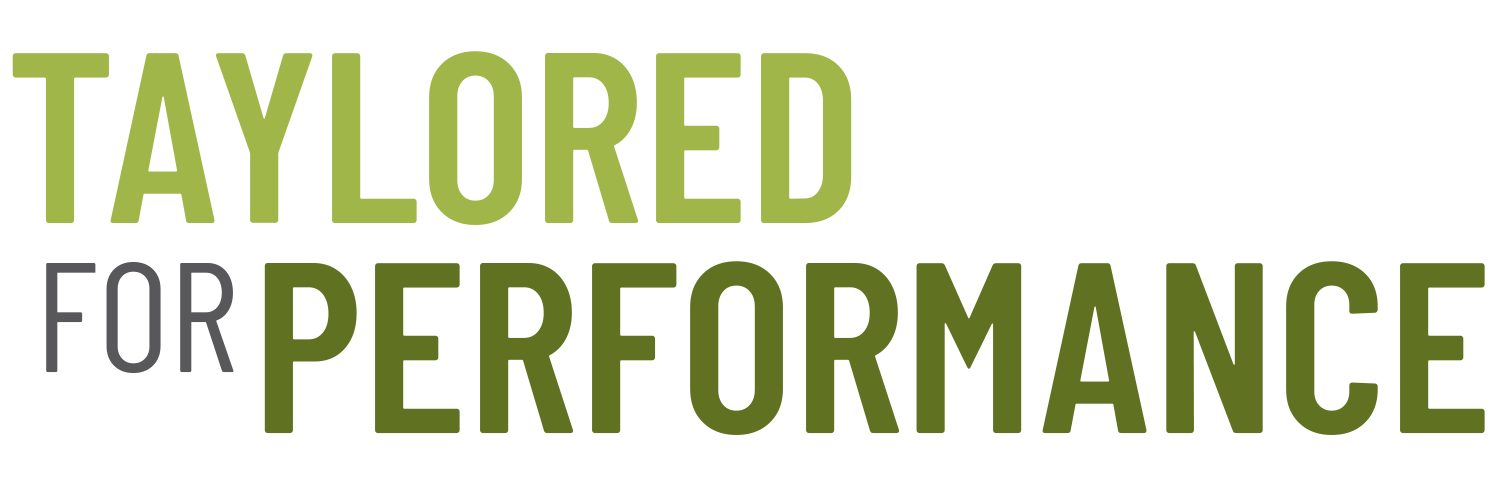New Year, New Diet: Vegan, Keto, Paleo or Intermittent Fasting?
New Year, New Diet: Vegan, Keto, Paleo or Intermittent Fasting?
New year, new you! This may sound like a broken record as you try to start the new year with a clean slate and being the best version of you. Your New Year’s resolution may be losing weight by trying out a diet that worked for your friend, coworker or someone you follow on Instagram. Was it vegan, keto, paleo or intermittent fasting? What are the differences?
Vegan: excludes all animal products
Seems to be effective for weight loss as often its lower in calories, low in fat and high in fiber, which helps one feel full longer.
Health benefits: lowers cholesterol and blood pressure levels, lowers risk of heart disease, hypertension and diabetes and potentially other chronic diseases.
Concerns: lower levels of energy, protein intake, iron, zinc, vitamin B12, calcium, vitamin D and omega-3 fatty acids.
Ketogenic: high fat, moderate protein, low carbohydrate eating pattern with the aim of using ketone bodies, using fat as energy, instead of sugar that comes from carbohydrates.
While burning fat seems like the ideal way to lose pounds, it is difficult to make ketone bodies, which require deprivation of carbohydrates that typically takes days to reach the state of ketosis (when the body begins to burn fat for energy) and eating too much protein can interfere with ketosis.
Seems to be effective for initial weight loss as it limits carbohydrate and protein intakes, which result in lower calories, and possibly some water weight loss.
Health benefits: shown to help manage epilepsy (particularly in children); more conclusive evidence is needed for obesity and diabetes.
Concerns: increase risk of constipation due to lower consumption of high fiber foods (vegetables, fruits, whole grains), trouble sleeping, deficiencies of vitamin A, C and K and minerals like folate, kidney stones and liver disease. Keto diet tends to be higher in saturated fat, which can increase “bad” LDL cholesterol levels, which is linked to heart disease. However, long-term cardiovascular health has not been fully studied.
Paleo: eating plan modeled on what might have been consumed during the Paleolithic era, including lean meats, fish, fruits, vegetables, nuts and seeds (foods that were hunted, fished or gathered); limits dairy products, legumes, grains, and added sugars and salts.
Seems to be effective for weight loss as it could limit carbohydrate intake with the removal of whole grains, legumes and dairy, and lower caloric consumption.
Health benefits: may help control blood sugar and prevent type 2 diabetes.
Concerns: lower level of energy, carbohydrate intake, deficiencies vitamin D, B vitamins, calcium and fiber, fatigue.
Intermittent Fasting: pattern of eating that is restrictive to a specified window or time followed by fasting periods.
Alternate day: cycle of 24 hours fasting, 24 hours eating period
Whole day: 1-2 days per week of fasting
Time-restricted: 16-20 hours fasting, 4-8 hours eating period
Research regarding weight loss is contradictory, but with shorter eating periods, it could promote fewer calorie consumption and lead to weight loss
Health Benefits: may lower blood pressure and cholesterol
Concerns: nutrient deficiencies, disordered eating patterns; not recommended for people with diabetes, women who are pregnant or breast-feeding, individuals with a history or eating disorders or disordered eating
There are many weight loss diets, including the diets mentioned above, which are generally fad diets, and while some people may have success with a diet, it does not mean it’s for everyone. Fad diets usually promise quick weight loss through an unbalanced nutrition plan, eliminate one or more food groups, do not include long-term maintenance plan, some recommend supplements over whole foods and evidence-based nutrition is insufficient. Also, fad diets claim that limited to no exercise is needed.
Instead of looking for a quick fix diet that promises rapid weight loss, which can have adverse health effects and weight regain, make sustainable changes to your eating habits and physical activity that will last longer than a month. Create a solid plan and set measurable goals, such as “I will eat one serving of vegetables at each meal per day”, “I will walk at a moderate pace for 30 minutes for five days per week” and follow up daily to evaluate your progress. Set realistic goals and give yourself enough time to make changes. Start with small changes and build on those when they are achieved. If you need help to determine measurable and achievable goals, contact us and we can help you achieve them and provide support along the way.

